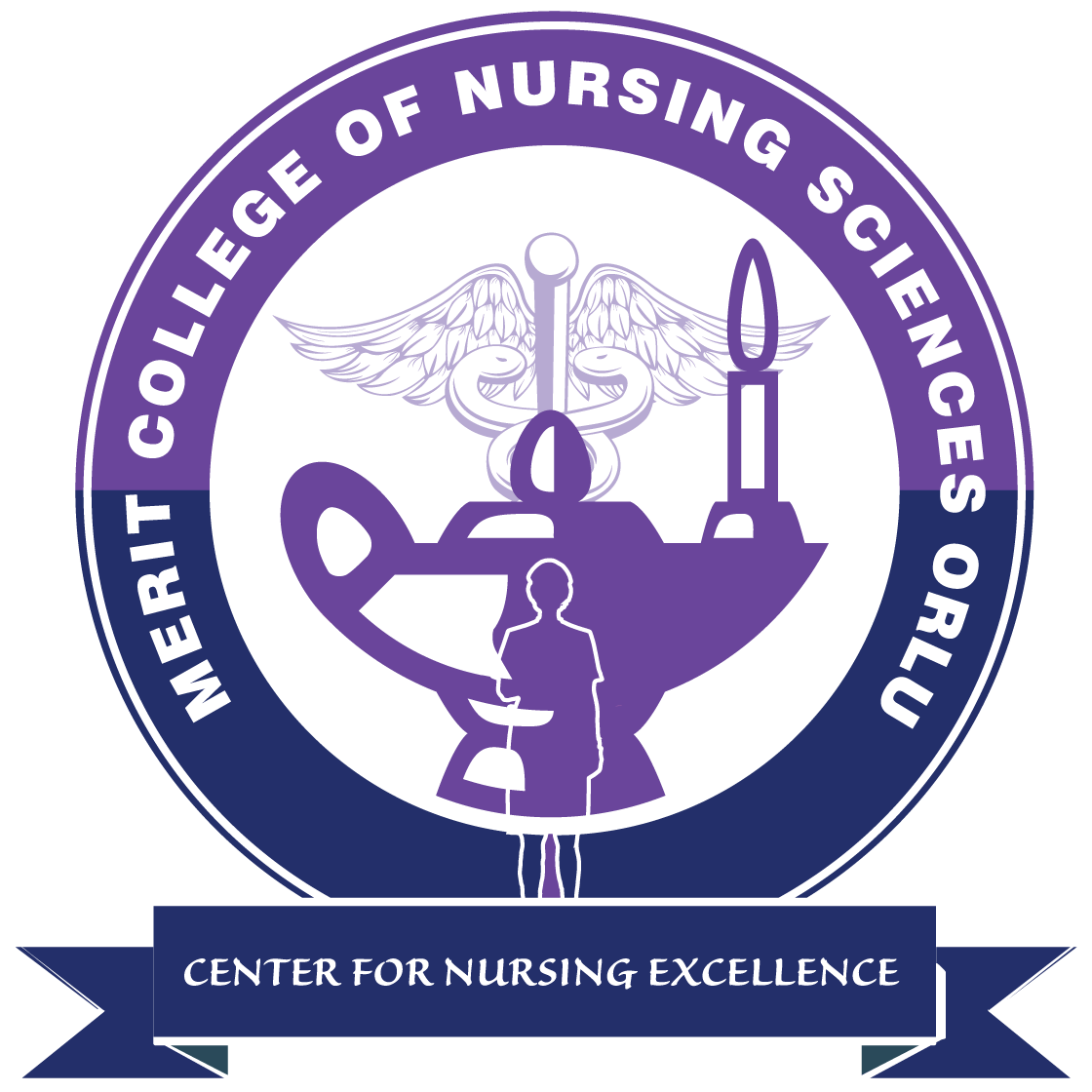In Nigeria, two vital healthcare professions often intertwine but serve distinct roles: nursing and midwifery. While both professions play essential roles in providing quality care to patients, understanding their differences is crucial. In this article, we explore the distinctions between nursing and midwifery in Nigeria. We will delve into their scopes of practice, educational pathways, and the specific contributions they make to the healthcare system.
Scope of Practice: Nursing
Nursing is a diverse profession that encompasses a wide range of responsibilities within the healthcare system. Nurses provide comprehensive care to patients across various healthcare settings, including hospitals, clinics, community health centres, and home care. Their role involves direct patient care, administering medications, monitoring vital signs, providing patient education, and collaborating with other healthcare professionals.
Nursing in Nigeria is regulated by the Nursing and Midwifery Council of Nigeria (NMCN). Registered nurses (RNs) undergo a comprehensive education like what we offer at Merit College of Nursing Sciences and a training program that includes theoretical coursework and supervised clinical experiences. They may specialize in various areas such as paediatrics, mental health, critical care, or community health, further expanding their scope of practice.
Scope of Practice: Midwifery
Midwifery is a specialized branch of nursing that focuses on providing care to women during pregnancy, childbirth, and postpartum. In Nigeria, midwives play a critical role in maternal and child health, reducing maternal and infant mortality rates. They offer a wide range of services, including prenatal care, conducting deliveries, providing postpartum care, and family planning counselling.
Nigerian midwives are trained to handle normal childbirth and identify and manage complications that may arise during the process. They work closely with obstetricians and other healthcare professionals to ensure the health and well-being of both mother and baby.
Midwifery is also taught here at Merit College of Nursing Sciences and regulated by the Nursing and Midwifery Council of Nigeria (NMCN). Midwives are required to obtain certification and registration to practice.
Educational Pathways: Nursing and Midwifery
In Nigeria, the educational pathways for nursing and midwifery differ slightly. Nursing education typically begins with a three-year Basic Nursing Program offer at Merit College of Nursing Sciences, which leads to the award of the Registered Nurse (RN) qualification. After completing this program, nurses can choose to further their education by pursuing a Bachelor of Nursing Science (BNSc) degree, which provides more in-depth knowledge and skills.
Midwifery education, on the other hand, can be pursued as a standalone program or as a specialization within the nursing profession. For those interested in becoming midwives, they can complete a three-year Basic Midwifery Program at Merit College of Nursing Sciences, leading to the award of the Registered Midwife (RM) qualification. This program focuses specifically on midwifery care and equips students with the necessary skills to provide safe and effective care during childbirth.
Contributions to the Nigerian Healthcare System
Both nursing and midwifery play crucial roles in the healthcare system – especially in Nigeria. Nurses form the backbone of healthcare delivery, providing holistic care to patients across all age groups and health conditions. They contribute to disease prevention, health promotion, and management of acute and chronic illnesses. Nigerian nurses are often at the forefront of patient care, advocating for their well-being and ensuring the smooth operation of healthcare services.
Midwives, on the other hand, make significant contributions to maternal and child health. In a country where maternal and infant mortality rates remain a concern, midwives play a pivotal role in ensuring safe deliveries, providing prenatal and postnatal care, and educating women about reproductive health and family planning. Nigerian midwives work towards reducing maternal and infant mortality rates by promoting safe birthing practices, early detection of complications, and appropriate referrals when necessary.
While nursing and midwifery share some similarities, they are distinct professions with different scopes of practice and educational pathways. Nigerian nurses provide comprehensive care across various healthcare settings, while midwives specialize in maternal and child health. Both professions make invaluable contributions to the Nigerian healthcare system, playing integral roles in improving patient outcomes and addressing the unique healthcare needs of the population. By understanding and appreciating these differences, we can further support and promote the growth of nursing and midwifery professions in Nigeria.


